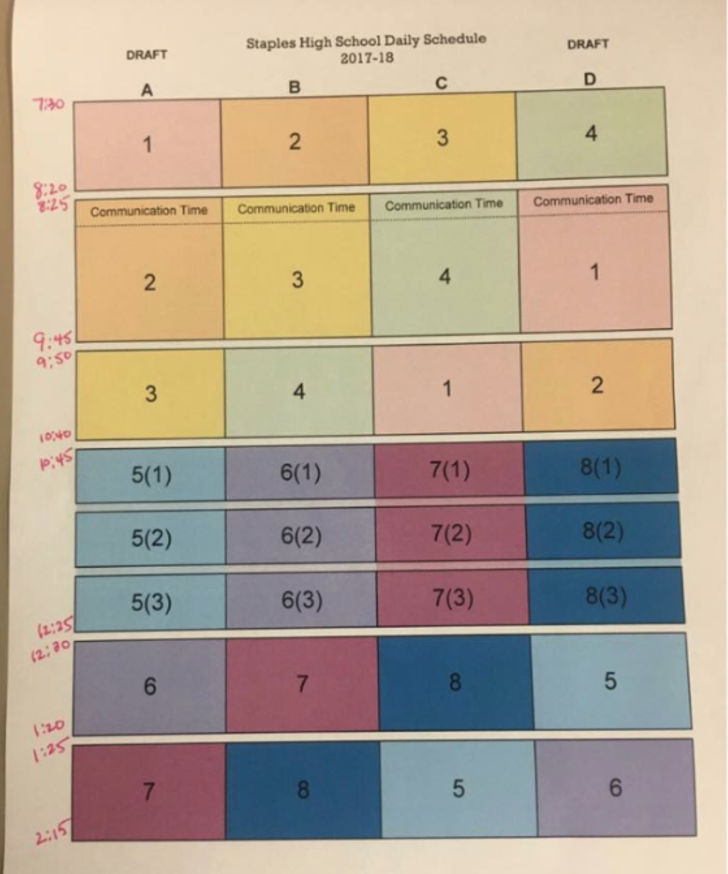Is it ever OK to say that word?
Can you say it if you’re a gay rights activist? Can you say it if you’re Ellen DeGeneres? Can you say it if you’re a senior boy who isn’t opposed to homosexuality but doesn’t want to be called “soft” by his friends?
It’s 2013.
It’s been 90 years since women got the vote. It’s been 50 years since Rosa Parks sat down on a bus in Montgomery. It’s been 40 years since the Stonewall riots challenged police brutality against gays in the Village. Yet here we are, still struggling with equality.
Gender and sexuality roles in America are still somewhat rigid. Boys, in all their masculinity, are free to admit that they like to watch porn and to ask explicit questions in health class. Girls, on the other hand, are bound by social norms to secretly read Fifty Shades of Grey and to wait until after class to ask a question about sex.
We like to think that we’re all about equality, and in many ways, we are. But at the same time, we’re constantly surrounded by practices that don’t foster such equality. Men still hold the door open for women. “Ladies first” is still common. Gay marriages still aren’t recognized in 41 states. It’s still rare to meet a stay-at-home dad.
Are we living on the set of Mad Men?
We’re progressive, yet we still hold prejudices. Some are kept silent, and might be considered subconscious. Others are, sadly, brought into the light. We call things that we don’t like “gay” and “retarded.” We make jokes about women making sandwiches. Girls are “sluts,” while guys are “heroes.” We call two guys who are hugging “fags.”
We doubt much of it is malicious.
But, really, would we be comfortable seeing two guys kissing in the hallway? Two girls? Issues with general P.D.A. aside, many of us would probably exchange uncomfortable looks with our friends.
It’s not malicious, but we’ve clearly got some issues. Something makes us uncomfortable. So maybe we’re not that different from those Americans who don’t support gay marriage itself.
The Supreme Court can decide for the nation what’s constitutional. It can legally bind us to follow its rulings. But we need to find it within ourselves to acknowledge our prejudice and move on.
It’s 2013.
















































![[Nov. 2016 Editorial] Battling bystander effect requires administrative change](https://www.inklingsnews.com/wp-content/uploads/2016/11/Screen-Shot-2016-11-22-at-1.05.28-PM.png)


Dan Woog • Apr 12, 2013 at 1:54 pm
Congratulations, and thanks for a well-written, strong and very important editorial. You rock!